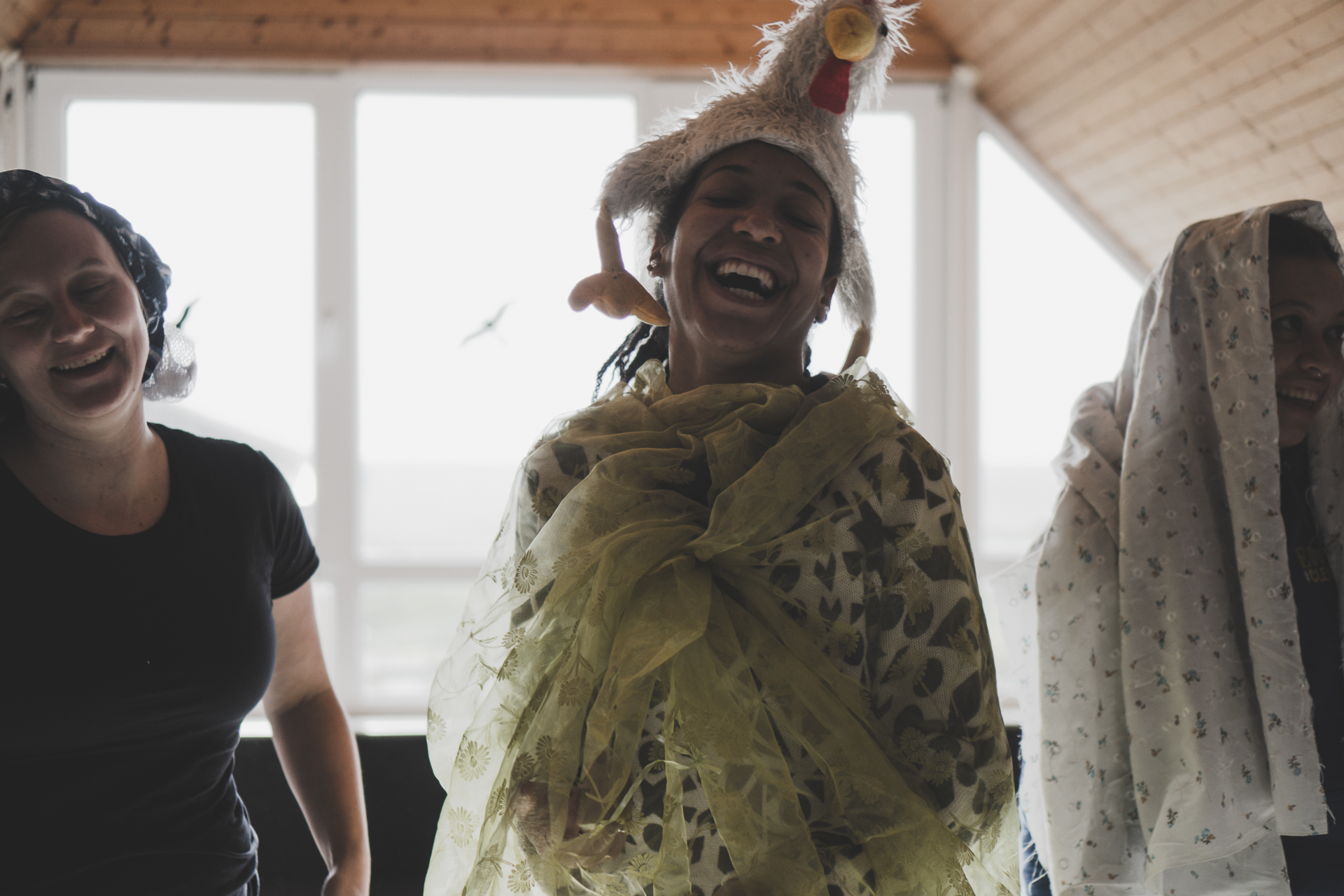For a lot of people in Germany the date of 11.11. is special every year as it marks the beginning of the German tradition of carnival – so if you should take part in a R&R project be warned to be ready at 11:11 o’ clock to throw a lot of confetti in the air and celebrate a bit!
But where does this tradition come from? Why do we even celebrate it? And why the number 11 and not 6?
The whole carnival tradition started a very long time ago because even the Germanic people dressed themselves in animal coats and wanted to drive out all the bad ghosts and souls – and at the same time they wanted to welcome the spring. Originally it was a Christian tradition which marked the beginning of the 40 days long fasting period right before Easter, but nowadays the main time in which Carnival is celebrated, is only a couple of days, starting with “Weiberfastnacht” (The Women’s Carnival). So actually the carnival doesn’t start in November but still we are eagerly waiting for the 11th of November, 11:11 h. But why do we do that?
There are a couple of theories for using the number 11, but we don’t want to list every single one. But one explanation for this special behavior around the number 11 is again something connected to the Christian religion: Everybody was called a fool or an idiot, who dared to overstep the Ten Commandments from the bible. So this is one of the reasons, why the people decided this to be the number of the “foolish” time, where they could switch their roles, make fun of politics and responsibilities of the general public (also something that evolved in the 19th century, when the French occupiers forbid to take political actions) and celebrate a lot.
But no matter where exactly the roots for this tradition are set – they are deeply celebrated at R&R and that’s why we threw ourselves in the best and most colorful costumes on the 11th of November, 11:11 o’clock and danced a while in the big room in the house on Baltrum, where usually on of the yearly projects of ROOTS&ROUTES Cologne take place. Although Carnival is celebrated almost everywhere in the world, it is a very special occasion for the participants in the projects – a lot of people from different countries come together and are happy being with each other, no matter what kind of tradition takes place there. The focus in the projects is (of course) on the creative parts and artistic projects, but one of the most important things is definitely the feeling of uniqueness within a community, which supports and helps each other in growing. What could be a better place for that than a little dancing party on a small German island, where everybody dances to a music connected to a deeply-rooted tradition?
(Pun intended on that last one)

For a lot of people in Germany the date of 11.11. is special every year as it marks the beginning of the German tradition of carnival – so if you should take part in a R&R project be warned to be ready at 11:11 o’ clock to throw a lot of confetti in the air and celebrate a bit!